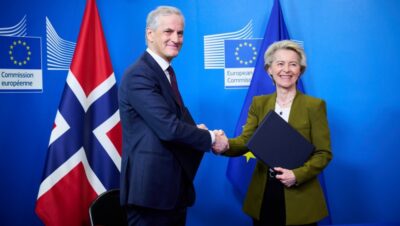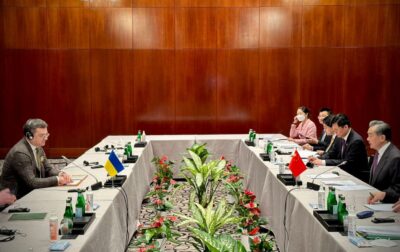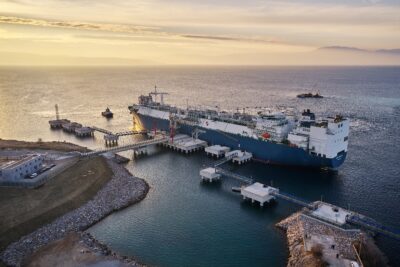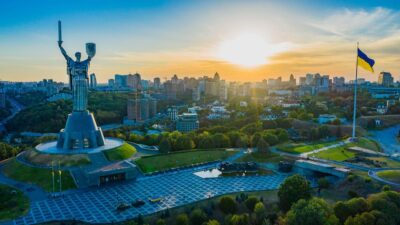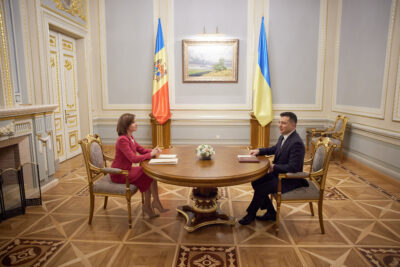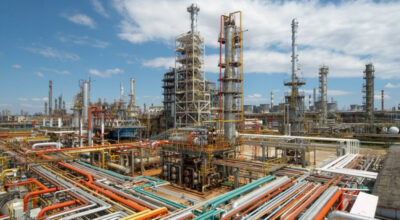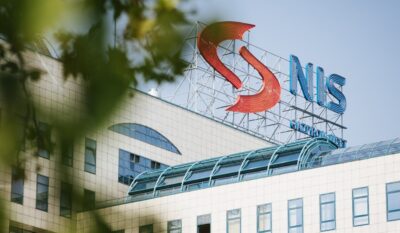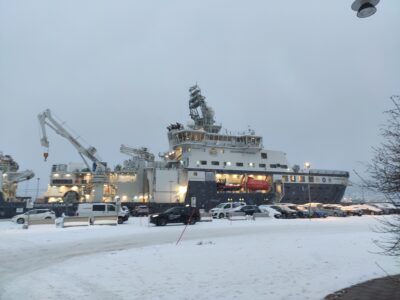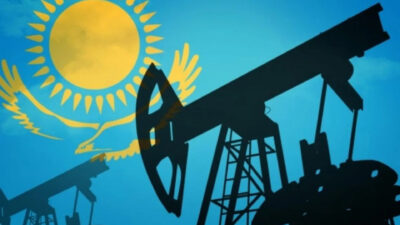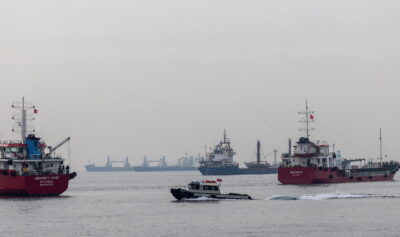Green Alliance between the European Union and Norway
On 24 April 2023, in Brussels, the European Union and Norway signed an agreement on creating a so-called Green Alliance, aimed at strengthening joint climate and environmental action and greater cooperation in clean energy and energy transition. The agreement reflects an intensification of the existing cooperation between the parties in this field, which accelerated after Russia...
More →
